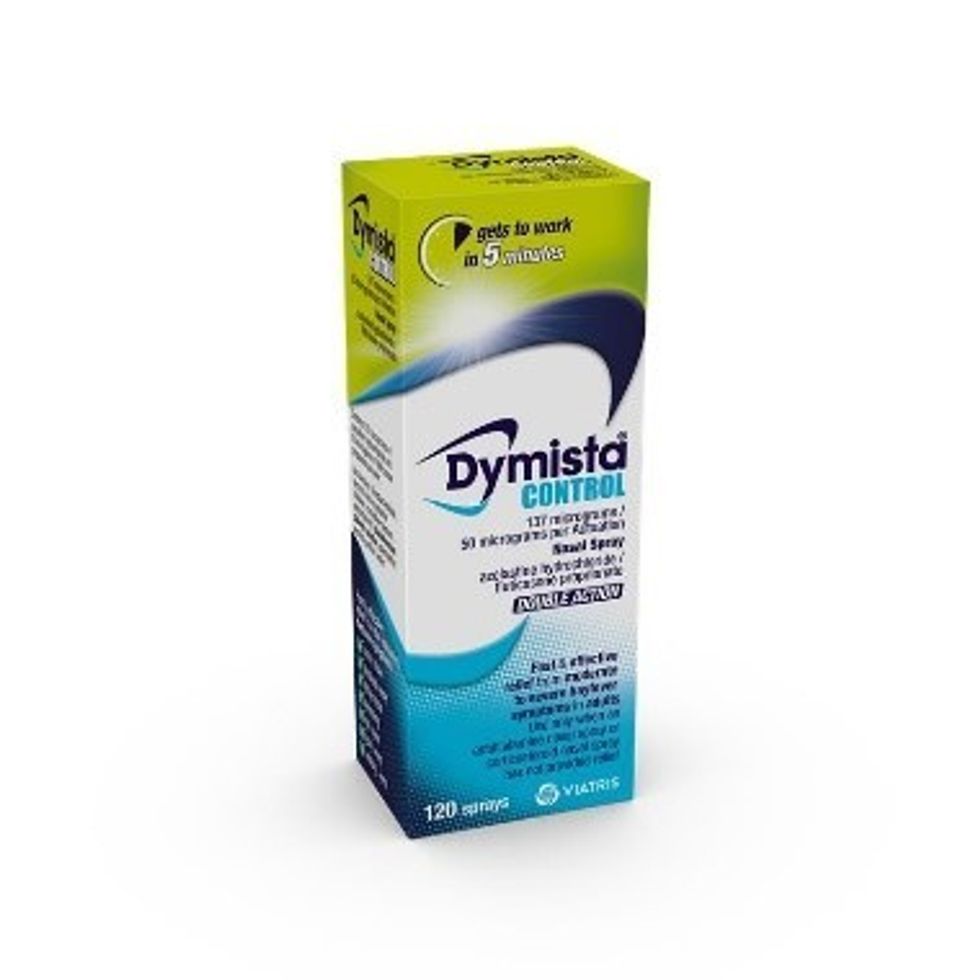The NHS has launched plans to expand pioneering subscription-style drug contracts to develop lifesaving antibiotics of the future.
It is building on its world-first pilot to incentivize the pharmaceutical industry to develop new antibiotics that could be offered to NHS patients when they need them the most.
The consultation has launched almost a year to the day that contracts for two superbug-busting drugs were rolled out as part of a world-first pilot.
Cefiderocol and ceftazidime-avibactam, new antibiotics manufactured by Shionogi and Pfizer respectively, were awarded world-first subscription contracts which provided the companies with a fixed annual fee based primarily on the availability of the drugs and their value to the NHS, as opposed to the volumes used.
By breaking the link between the payments companies receive and the number of their antibiotics prescribed, the NHS is removing any incentive to overuse antibiotics, decreasing the risk of life-threatening infections, such as sepsis and pneumonia, becoming resistant to treatment.
Under the proposals, the annual payments for an antibiotic contract could be doubled from £10 million to £20 million, where outstanding clinically based criteria are met, representing exceptional value to patients and taxpayers. The National Institute for Health and Care Excellence (NICE) will determine the value of antimicrobial treatments submitted to the programme using newly designed clinically led award criteria and scoring system, devised by NICE based on the pilot learning.
The 12-week public consultation will seek input from the pharmaceutical industry, patients, carers, and academics. The consultation proposals are to priorities products that are active against pathogens on the WHO Priority List, which outlines the 12 families of bacteria that pose the greatest threat to human health.
The NHS’ commitment to tackle AMR is shared across governments, international agencies, researchers, and the pharmaceutical industry, recognizing the urgency of taking action to ensure future pandemic preparedness.
Richard Torbett, ABPI Chief Executive said: “AMR is a global issue that requires urgent attention, and the UK is leading this fight by developing a pragmatic new approach to help secure the antibiotics the world needs. Demonstrating and delivering a successful UK contribution to this global challenge is critical to encourage other healthcare systems to develop the complementary solutions necessary to find a lasting solution to this challenge.”








 Dymista® CONTROL (azelastine hydrochloride and fluticasone propionate) nasal spray
Dymista® CONTROL (azelastine hydrochloride and fluticasone propionate) nasal spray ![Potential Side Effects of Mounjaro [What You Need to Know]](https://www.pharmacy.biz/media-library/image.jpg?id=54516976&width=1245&height=700&quality=90&coordinates=0%2C29%2C0%2C29)








